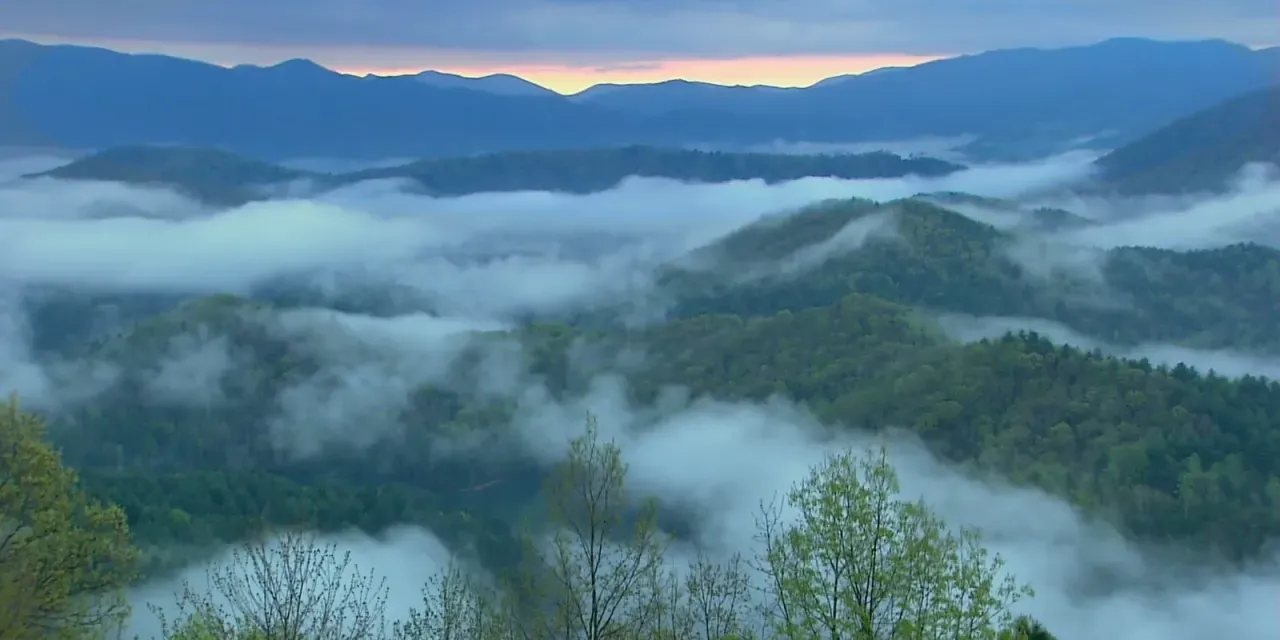Litblog Roundup 41

Would You Know an Allegory if You Saw One?
Laura Miller, writing for Slate, says no, you might not know an allegory when you saw one . First of all, it’s not a very common form. Second, the word “allegory” is misused so frequently, and so often confused for “metaphor” as to render it meaningless.
Allegory or metaphor: The distinction might seem obscure and academic to many readers. Shouldn’t allegory be grateful to get any attention at all? Isn’t it just an archaic literary mode that nobody uses anymore? Yes and no. About the only people creating true allegories today are political cartoonists. But a culture never entirely discards its roots, and allegory, which first appeared in the waning years of the Roman Empire, is one of the foundations of Western literature. Maybe if we understood it better, we’d realize how much we owe to it. Besides, the allegorical imagination lives on, just not in the places where critics think they see it.
Secret Poems on the Sidewalk
In Boston, some intrepid poets have figured out how to turn sidewalks into secret broadsides . Here’s a video:
Not With a Bang but with Snark
I was in college when I first started to follow blogs about writing, literature, and publishing. I think the second one of those blogs was Bookslut. Now, Bookslut is closing down, like so many other defunct blogs . Here are some parting words from the mastermind behind Bookslut, Jessa Crispin.
Well, the only reason why Bookslut was interesting was because it didn’t make money, and when I realized the sacrifices I was going to have to make in order for it to make money, it wasn’t worth it. It used to be you could get an advertiser for a month; now it’s all directly linked to how many pageviews you get. So you can’t write about obscure literature that only ten people care about and make eight cents. You have to write about the books that all the people already know about. And then it just orients you toward clickbait, and you have to come up with stunts and your design has to be beautiful. The only program that actually gives you money is Amazon. We used them back when we were profitable — we paid some writers back when we were profitable — and then, at some point, I realized they were fucking trashing the industry. Then we switched to Powell’s, which gave us absolutely no money.
Something Was Off at The Offing
The Offing is, in the words of its masthead, “an online literary magazine [that] actively seeks out and supports work by and about those often marginalized in the literary conversation, including people of color, women and gender non-conformists, and members of the LGBTQIA and differently abled communities.”
The Offing has a new editor because, in the words of the incoming editor, in a preface to an essay by the outgoing editor:
“it became clear that Darcy’s leadership of The Offing was compromised by her limited competency leading a diverse masthead. I write this not to impeach her skills; over and over the staff have told me of her first-rate abilities as an editor. But we must recognize that leading and working with a diverse community that is engaged in the radical act of authoring change is a competency. It is not a skill one is born with. Unfortunately it is not a skill that MFA programs bother to teach either. And it is not one that should be learned on the job, at the expense of those who are already the most marginalized.”
Wild and Wonderful
I’m from West Virginia. I’m occasionally afraid to admit that, for fear of whatever conversation tends to come next, but I was delighted to find a post making the rounds from Lithub entitled No One is Writing the Real West Virginia . And why not?
All stories are valid. But not all stories are marketable.
There are roughly 136,000 United Methodists in West Virginia. I’d hazard there are a couple hundred snake-handling Pentecostals. Now which one are you more likely to discuss online? What’s an easier sell for your agent? The Methodist novel or the snake book?